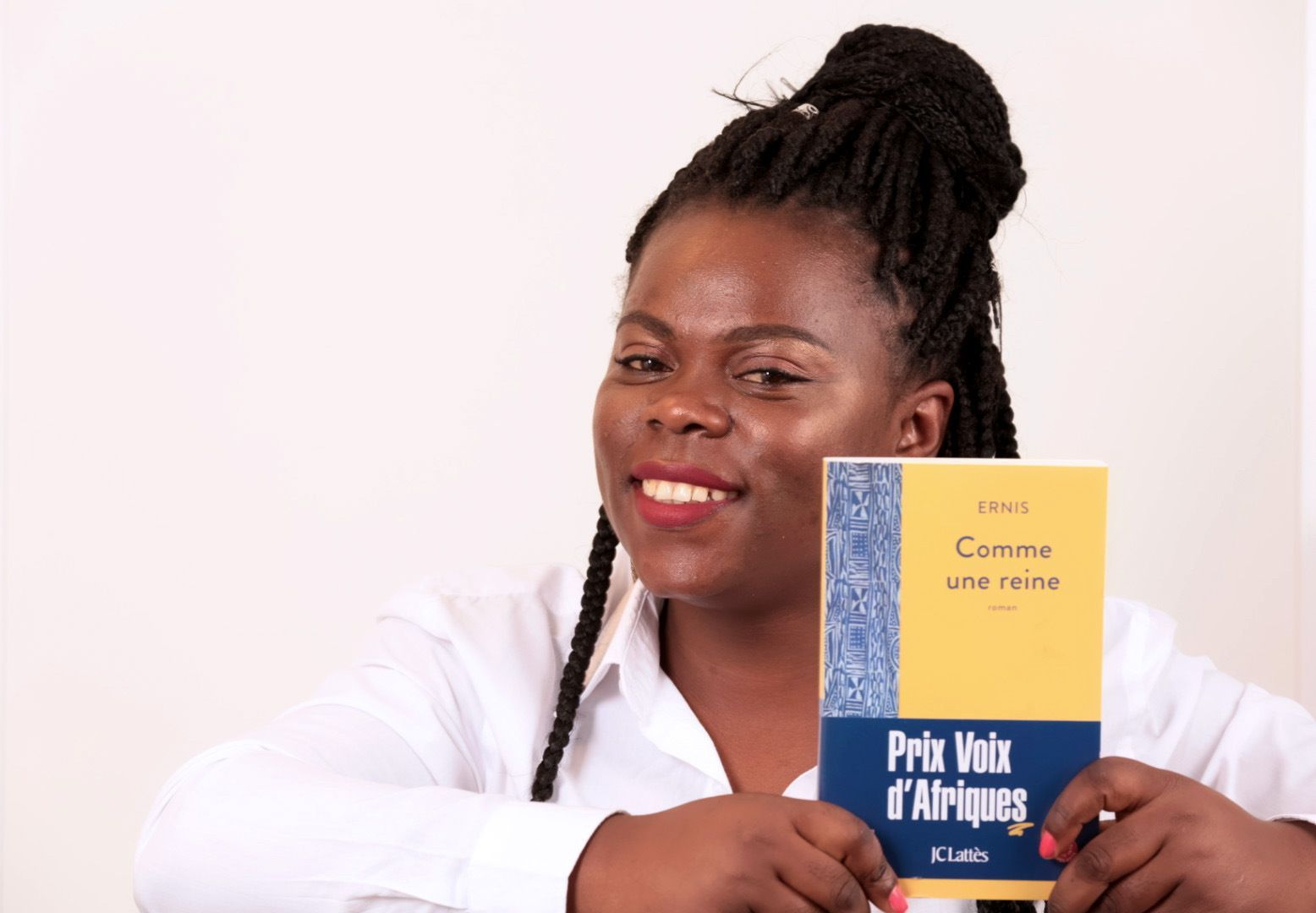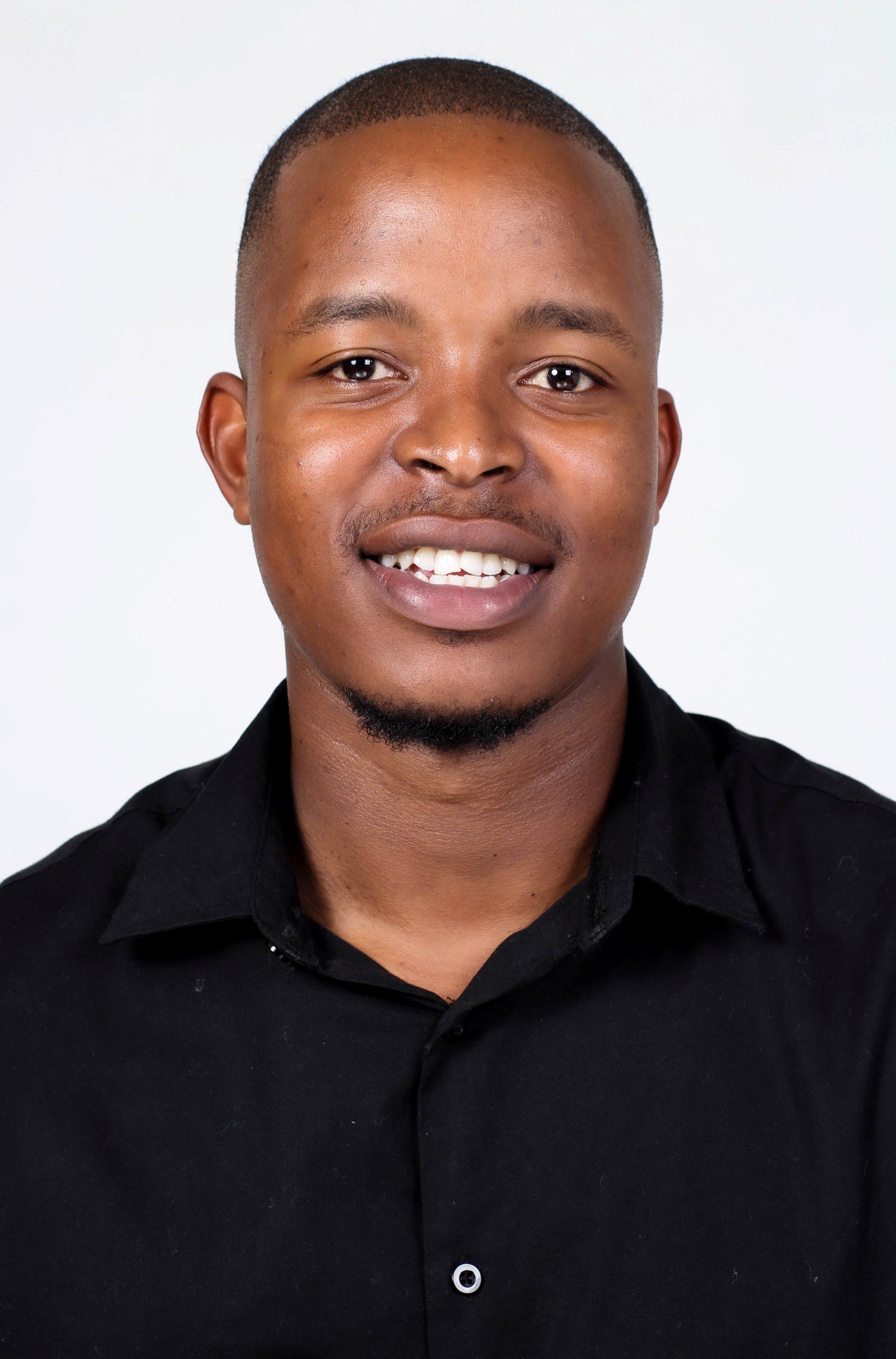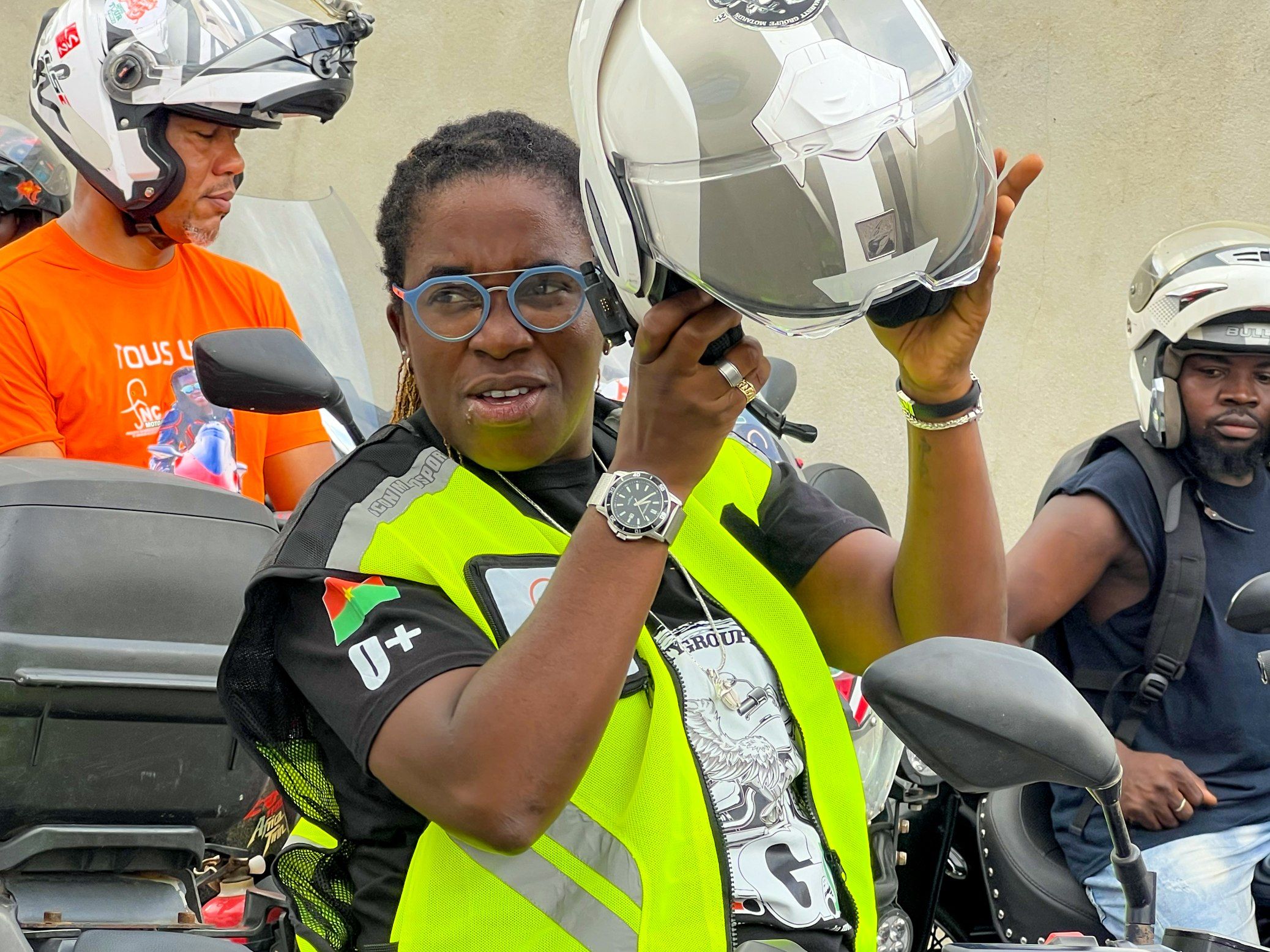Slam poet and activist, Lontsi Cleménce – better known by her slam poet handle, Ernis –has become a voice for women in her country. Now, thanks to her first novel, Comme une reine, she is being seen as a voice for Africa.

Patrick Nelle, bird story agency
“I had written that story as a poem series in the first place, but I felt like something was missing. I thought the novel would be the most appropriate genre to tell that story,” Lontsi Cleménce, better known by her pen-name, Ernis, explained of the story told in her novel, Comme une reine (Like a Queen).
It is her first novel but already, the 28-year-old Cameroonian has scooped the Voix d'Afriques (Voices of Africa) award and in the process, unveiled a powerful voice for the rights of the continent’s girls and women.
Ernis wrote her first poem at 17. The piece was like self-therapy, she explained from Paris after accepting the award – a teenage girl's quest for radical explanations about her condition. In that first poem, she said, she was tapping into the hardships of life, the toil of her mother's struggling to raise three kids alone. Since then, verse has been Ernis' preferred mode of literary expression.
In June 2021, she took the big leap into the novel genre to pen ‘Like a Queen’. A few months later, a friend of hers told her about a literary prize dedicated to young, unpublished authors.
“I did my research. My story completely matched with what was expected, so I sent my manuscript,” she said, soon after tweeting, “Happy to announce that I am the winner of the Prix Voix d’Afriques 2022 with my first novel COMME UNE REINE. I would like to thank Éditions JC Lattès, the Cité Internationale des arts in Paris, and the RFI. Endless thanks to those who support me every day.”
From more than 130 manuscripts, hers was picked as the contest winner.
According to African literature blogger, James Murua, The Prix Voix d’Afriques is a "literary award aimed at bringing young French-language authors and authors from the African continent which was first hosted in 2020. It is aimed at highlighting new African literary voices, novels reflecting the situation of a country – political, economic or social news, or more intimate texts."
It is an initiative of publisher Editions JC Lattès and RFI, in partnership with the Cité Internationale des arts de Paris. Previous winners have been Yaya Diomandé (2020) and Fann Attiki (2021), the blogger writes.
'Like a Queen' tells the story of a young woman who moved from Douala where she lives and works, to settle in the village of her origin, a place where she was raised and taught about her community's history and traditional values. The adventure reminds her that she belongs to a lineage of powerful women and she discovers she can play an important role in her community.
The story in the book resembles the author's own. She grew up in the village of Bangang, not far from the town of Mbouda, a Bamiléké community where she was taught traditional values and knowledge. In that traditional milieu, single women have a low status and are sometimes condemned by society.
Born in Bafoussam in 1994, her mother moved her very early to Bangang, in West Cameroon, where she spent her childhood years. She was raised by her grandmother and lived in the same house as her great-grandmother, with whom she built a strong relationship.
At 14, she left Bangang to be reunited with her mother who was living in the nearby town of Mbouda. Conditions there were very difficult and she witnessed the devotion and sacrifice of her mother raising her and her siblings, putting food on the table and providing school fees to ensure her cherished daughter had a bright future. This was a chapter of her life that inspired her first literary composition, a poem where she questioned the hardships of life and her mother’s daily struggle.
“I was raised by women,” she recalled, invoking the tales told to her by her grandmother, stories she now credits with shaping her personality.
In 1960, the French-occupied part of Cameroon became a sovereign and independent country. But the young nation entered independence with deep divisions. The political movement which had led the struggle for independence had been banned and its leader executed.
The movement denied any legitimacy to the government, which it considered to be a French puppet government. The situation escalated into civil war and the grass plains region became the rebellion's stronghold. Hundreds of men joined the insurrection, hiding in the bush to organise the resistance, leaving the women alone.
“As my grandfather had gone to join the rebellion, his wife, my grandmother, decided to come back to her village. Most of the women had to learn how to survive, sustain their families and raise their kids in a context of war and violence. Villages were levelled and bombed with napalm. It was terrible,” Ernis explained.
Her grandmother told Ernis the stories of those women. The novel uncovers the suffering endured by the women who found themselves alone and who had to survive during wartime.
“This part of the novel was particularly challenging. I went to meet with people in the village to collect their memories, which took me a while,” she explained.
Both her grandmother and her great-grandmother encouraged Ernis to become independent and acquire the skills she needed to thrive.
“That’s why they insisted I had to go to school,” Ernis recalled.
Her novel is not only a story of women's heroism, but also one of heritage. In the traditions and cultural rituals she grew up with, artefacts played a great role. She expresses her sorrow that thousands of artefacts looted by colonial rulers in Africa now lie in Europe museums. She wants them to come back home.
“It’s impossible to tell our story without talking about our ancestors’ art. Those artefacts are not simply artworks, but rather objects that are crucial in order to proceed with certain rituals in our traditions. For example, some traditional prayers and rituals don’t make sense without certain masks, sculptures and other objects,” she explained.
Ernis' plans for the future are quite simple. To keep on writing, keep on telling stories, and also to give back. She is impatient to get back to her country, back to running writing and reading workshops as she’s been doing for years now.
bird story agency





